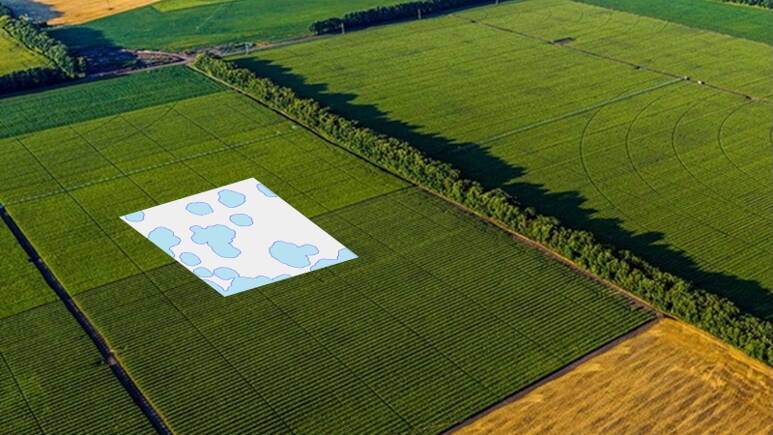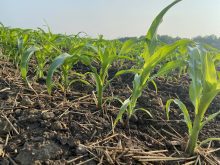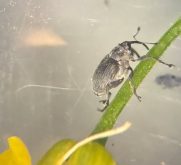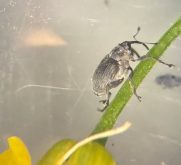There is good news about flea beetles.
“This year has definitely been a better story when it comes to flea beetles for Manitoba,” said Courtney Boyachek, agronomy specialist with the Canola Council of Canada.
To say flea beetles have been a nuisance for canola farmers for the past several years would be an understatement. Normally, the pests thrive in hot, dry weather and for several years leading up to and during the 2021 drought, canola fields in Manitoba saw aggressive infestations.
Read Also

Predictive weed mapping, coming to a farm field near you
Geco–Gowan deal taps AI tools, imagery, to forecast weed-patch-prone field zones, so Prairie farms can preemptively target herbicides
Why it matters: Flea beetles can cause significant crop damage, so knowing the risks can help farmers implement the best possible management strategies.
There was hope that last year’s wet spring might give growers a break but those hopes were dashed.
“Last year, we saw a lot of feeding, and that was due to a smorgasbord of problems for a lot of different reasons,” Boyachek said.
“We didn’t get in the field until later, and then when we did get into the field, the canola either took a while to germinate or, when it did pop up, it got to about the one- to two-leaf stage, and then it just kind of sat there for a month,” she said.
This spring was different.
“I think the reason that we’ve had kind of a better story is because we were able to get into the field when soils were moist and warm,” she said. “That promotes good stand establishment and rapid seedling growth, which allows the crop to outgrow the susceptible stage.”
Anything less than the four-leaf stage is considered susceptible to economic flea beetle damage.
Seed treatments, the first line of defence, were more effective than in recent years.
“You have about a three-week window for a seed treatment’s efficacy,” Boyachek said. “This year, the conditions allowed the canola to grow out of the susceptible stage while still maintaining the efficacy of the insecticide in their seed treatment.”
Last year, seed treatments commonly wore off before the plants had moved out of the susceptible stage. In 2021, they were less effective because they require water to move through the plant, and there was little available.
Not everyone is off the hook. Several areas of Manitoba have reported flea beetle problems this spring, including some in the southwestern corner and east of the Red River Valley. Most issues have been limited to southern regions, Boyachek said, but there are isolated problem spots north of the TransCanada Highway.
“There are pockets of Manitoba that are getting eaten quite a bit, which is fairly typical for Manitoba.”
While things look largely positive, Boyachek urged farmers to keep scouting. Those who seeded in the last two weeks of May could find seed treatment efficacy has mostly worn off.
“Just because we’re reaching the end of the critical stage doesn’t mean that we should be letting our guards down,” she said.
















